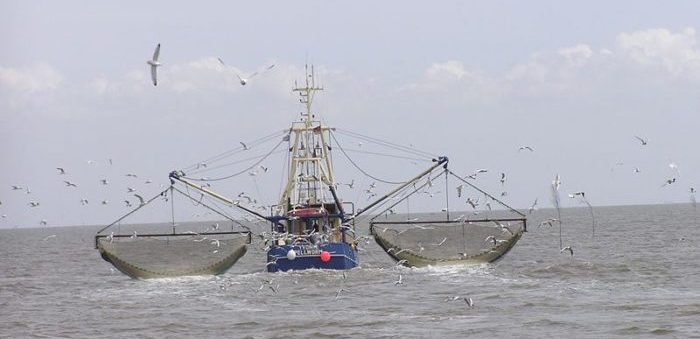The Environmental Justice Foundation (EJF) issued ten basic principles for states to follow in a bid to achieve transparency in global fisheries, a sector which has been at the centre of numerous human rights violations and for illegal fishing practices which pose a significant threat to the world’s ecosystems.
The ten simple principles are the following:
- Give all vessels a unique number: Like cars number plates, but these would stay with vessels from shipyard to scrapyard, regardless of name or flag changes, and should be kept in a global record of fishing vessels.
- Make vessel tracking data public: This will mean neighbouring countries, non-governmental organisations and others can all help with surveillance.
- Publish lists of fishing licences and authorisations: Who’s allowed to fish where? Combined with vessel tracking data this means anyone can monitor and raise the alarm about illegal fishing.
- Publish punishments handed out for fisheries crimes: The arrests and sanctions imposed for illegal fishing or human rights abuse on fishing vessels should be public, so offenders can be identified.
- Ban transferring fish between boats at sea – unless carefully monitored: This practice enables unscrupulous companies to keep workers at sea, unpaid, for months or years. It also makes the source of the fish, once landed, very difficult to trace.
- Set up a digital database of vessel information: Storing information on fishing vessel registration, licenses, catch and crew is vital, and could eventually enable catches to be certified as fished legally and ethically.
- Stop the use of flags of convenience for fishing vessels: Some countries let any vessel fly their flags for a fee – but then don’t properly monitor them, which allows the owners of illegally fishing vessels to remain unaccountable.
- Publish details of the true owners of each vessel – who takes home the profit?: False front companies are often used so that the true beneficiaries of illegal fishing are safe from prosecution.
- Punish anyone involved in illegal, unreported and unregulated fishing: Countries must ensure that none of their citizens support, engage in or profit from illegal fishing, no matter where they are, or which flag they are flying.
- Adopt international measures that set clear standards for fishing vessels and the trade in fisheries products: These include the Port State Measures Agreement, the Work in Fishing Convention and the Cape Town Agreement.

































































